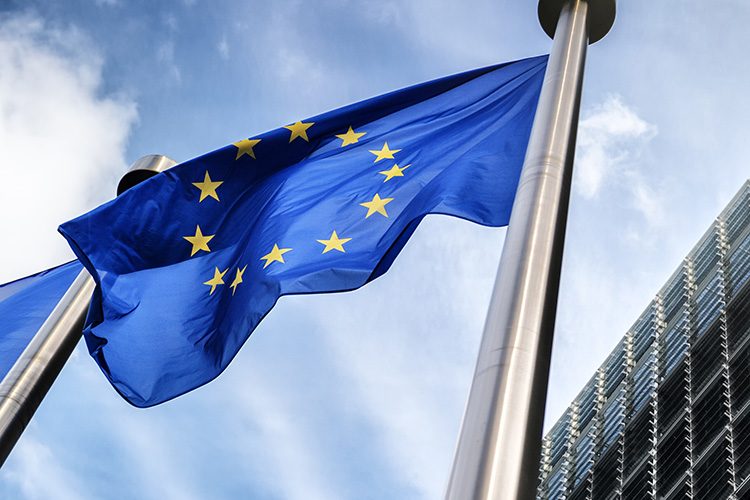Critical Medicines Act ‘must prioritise’ EU pharmaceutical manufacturing competitiveness
Posted: 2 September 2025 | Catherine Eckford (European Pharmaceutical Review) | No comments yet
European Parliament’s SANT Committee urges for greater control on medicine provisions to help strengthen security of supply.


The security of medicine supply and industry competitiveness in the EU are two of the main proposed revisions detailed in a new draft Parliament report on the Critical Medicines Act (CMA).
European Parliament Rapporteur Tomislav Sokol has recommended a framework that is intended to strengthen the supply of critical medicinal products and medicinal products of common interest.
Sokol advised that Act broaden the definition of the latter of these medicines, as well as making the Investments Chapter also applicable to these two types of medicinal products, in addition to critical medicines.
Medicines for Europe highlighted that the [Critical Medicines] Act fails to address half of the medicines in the list by refraining from making pricing and reimbursement a mandatory element within national plans to aid security of medicine supply”
The new current report also builds on the European Commission’s proposal to clarify the importance of EU stockpiling, adding improved coordination of contingency stocks as an objective of the Regulation. For example, this includes stricter solidarity requirements, regulatory flexibility, monitoring of stock levels by the Commission, and regular reporting by EU Member States.
The Regulation should account for all medicines in the list and revise related cost containment measures, Sokol noted.
In May, Medicines for Europe urged the EU to restructure its production capacity for essential off-patent medicine, “via securing funds for critical medicines in the upcoming EU budget and deliver bold state aid reforms for critical medicines and API production”.
The generics industry’s body also highlighted that the Act fails to address half of the medicines in the list by refraining from making pricing and reimbursement a mandatory element within national plans to aid security of medicine supply.
The draft report on the Critical Medicines Act also:
- Strengths support for manufacturing with regulatory, administrative and technical support and a one-stop-shop for the designation and funding for strategic projects
- Advises that environmental and chemical legislation do not have unintended consequences for critical medicine availability
- Strengthens international partnerships by requiring the Commission to assess the possibility of including health security provisions in free trade agreements and supporting accession countries in this regard.
Related topics
Drug Markets, Industry Insight, Manufacturing, Regulation & Legislation, Supply Chain, Therapeutics









